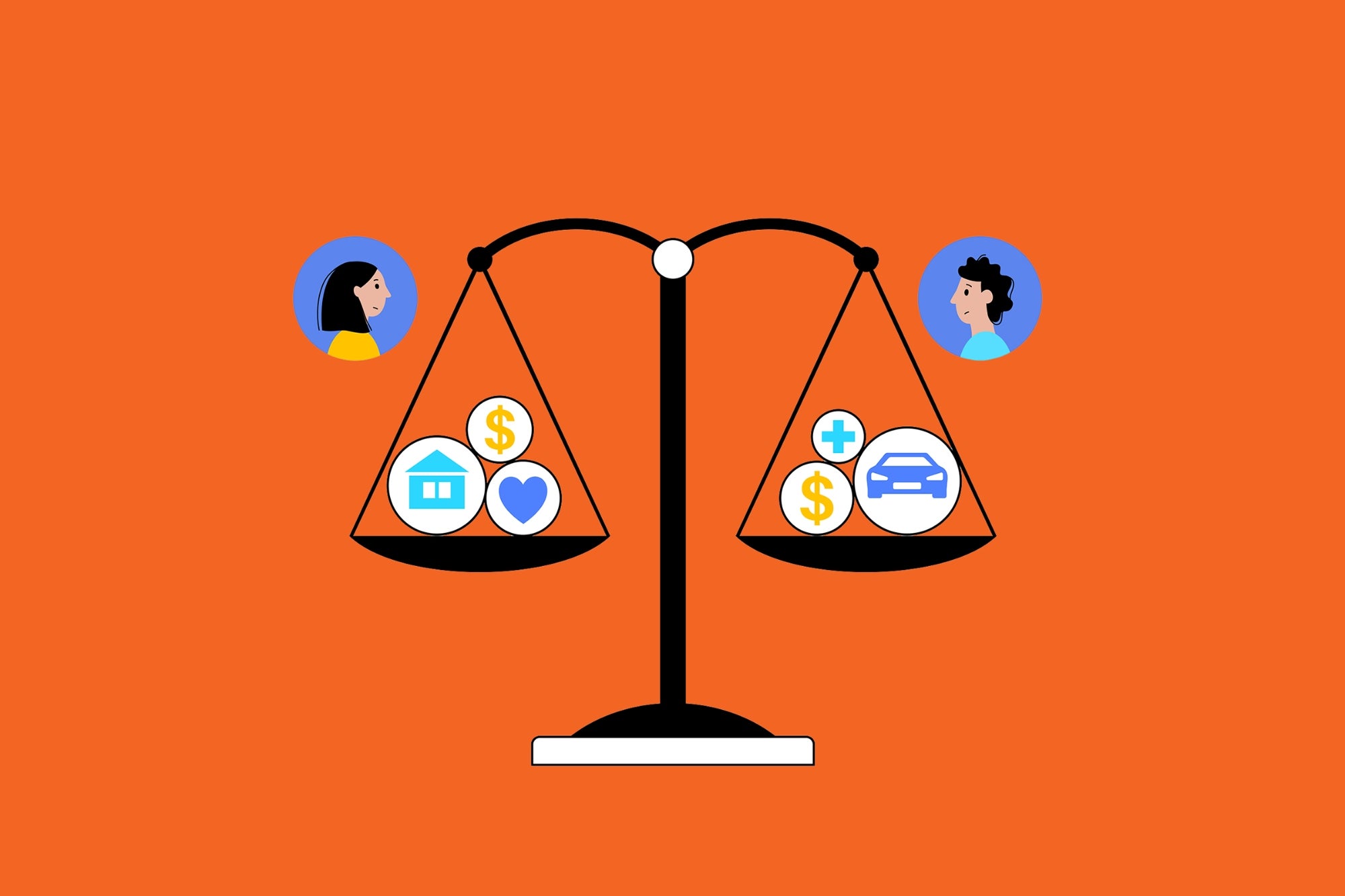How to Manage Stress Based on Your Brain Type The way you handle work determines the way you handle pressure. Learn these techniques to deal.
By Michael Cooper Edited by Dan Bova
Opinions expressed by BIZ Experiences contributors are their own.
Stress is so common that many people think it's normal for an BIZ Experiences to experience it on a daily basis, but constant stress is not sustainable. Working with a coach to create maintainable systems and proactively handle business requirements can help transform your business into a stress-occasionally environment.
In my last article, I introduced the four BIZ Experiencesial brain types and explained the distinct blind spots and information needs associated with each one. Now I'd like to focus specifically on how each type can best deal with stress.
Managers + Controllers minimize stress by staying in control, because their biggest fear is losing control. When they're stressed, they tend to become autocratic, seizing authority from others too forcefully.
Related: 4 Ways to Steal Time for Yourself and Find a Better Balance
The best way to manage stress is to know what needs to happen and when it needs to happen. Ask yourself, "Why am I feeling out of control and what can I do to regain control?"
When you take control from others, be sure to communicate why. ("I've got a suggestion that will help us get back on track quickly." Or, "I know I asked you to do this, but I'm worried about the amount of tasks you have currently, so I'll handle it to help you and save time.") Also, be mindful of keeping others in the loop by explaining what you'd like them to do to help get things in order and reduce stress.
Innovators + Influencers typically work on multiple tasks simultaneously and often procrastinate. Procrastination results in self-induced stress which motivates us to "save the day" by creating a situation that needs a dramatic "rescue." The biggest fear for Innovators + Influencers is losing respect, so they'll often muscle through heroic acts to impress clients, but burn themselves out in the process.
To manage stress, create a framework by jotting down your anticipated process at the outset of a project. Then, imagine what the successful completion looks like. Reference this start and endpoint to help you work backwards and use time wisely. This won't prevent you from procrastinating or playing the hero -- that's part of your working style -- but often, procrastination serves as a pacing technique to prevent burnout before the end of a project.
During prolonged tasks, engage in activities that allow you to blow off steam rather than trying to force yourself to focus continuously.
Related: 10 Ways to De-Stress at Your Desk (Learned from Kids)
Nurturers + Harmonizers try to soothe stress by taking on responsibilities and calming the nerves of those around them. The biggest fear for this group is being excluded, so they'll take on too much work or try to rescue others from stress, just to stay involved. This often leads to feeling overwhelmed and under-appreciated.
To keep your cool and manage your stress level, ask if offering to help will actually benefit the people around you. If you're working with someone who is constantly stressed because they are disorganized, taking a few things off their plate probably won't help, or only temporarily.
Instead, offer to help them get organized or figure out why they're constantly stressed. Be sure to find time for yourself. By focusing so intensely on others, it's common to ignore your own needs, which can lead to burnout.
Systemizers + Analyzers tend to do thorough work, think through all of the options available, and anticipate problems so that they can eliminate stress completely. Their biggest fear is being wrong. When under stress, they tend to avoid communication because it causes them anxiety, which makes them lose focus.
To manage stress, adjust your work and environment to meet deadlines and minimize interruptions. Sometimes stress can't be avoided, so find a safe outlet for aggression when you are pushed to the limit. Be sure to ask for more time if you think you need it, well before any deadline approaches.
We all get stressed, but each brain type experiences and manages stress differently. Learn what triggers your brain and how to minimize your stress to improve productivity and enhance relationships with your co-workers.
Related: What Elite Athletes Can Teach You About Dealing With Pressure












